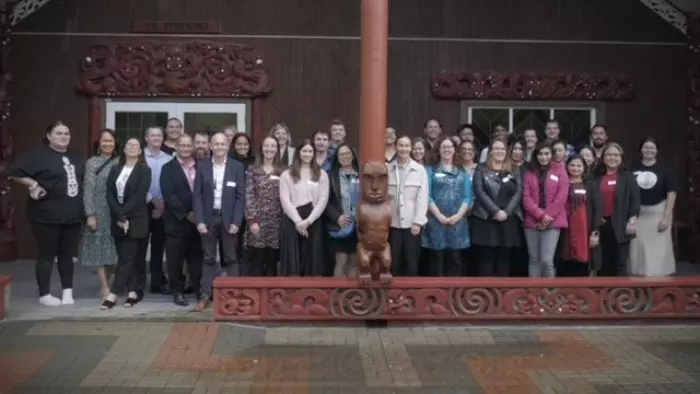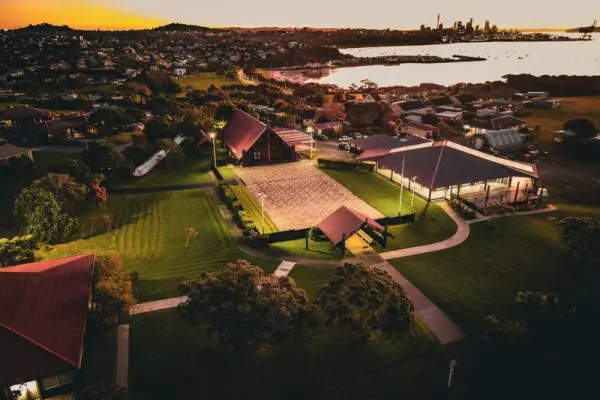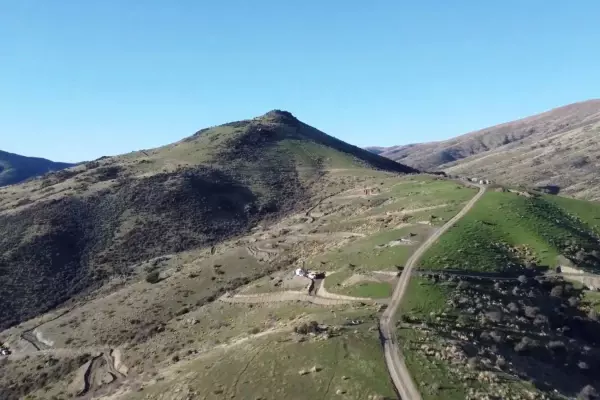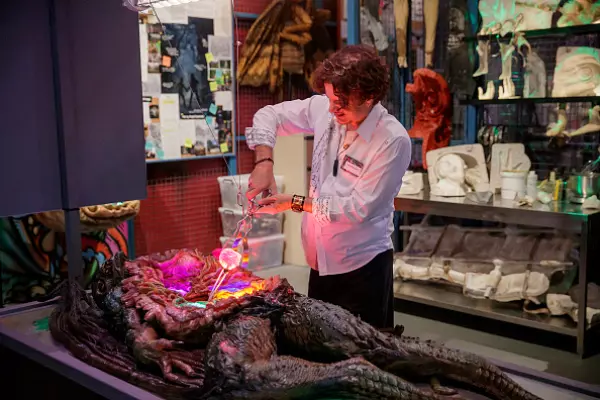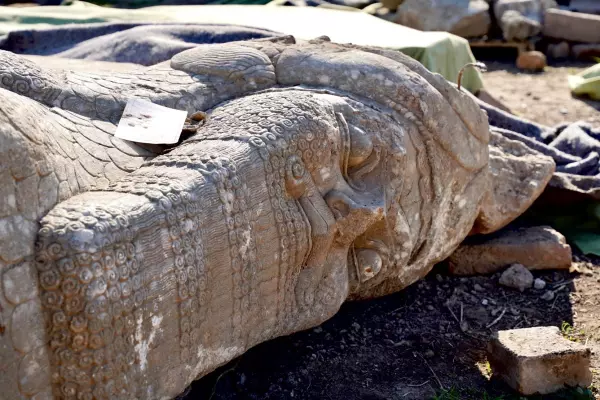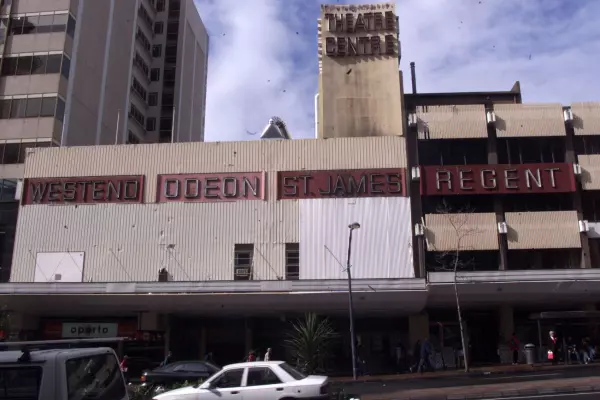One of the country’s largest and oldest public organisations is making a cultural shift.
AMP is putting in place tikanga Māori (Māori protocol) in its everyday business, encouraging its staff to learn about Aotearoa New Zealand's indigenous culture.
For AMP staff, embracing tikanga Māori means marae (meeting house) visits, learning te reo Māori (the Māori language),
AMP managing director Jeff Ruscoe said the company had been “super-lucky” working with Auckland University of Technology and its student association to develop staff understanding of Māori language and culture.
“For us, that’s thinking about understanding the culture and talking to the Māori creation stories and getting our people comfortable first before we start trying to introduce new practices.”
Connecting cultures
AMP is preparing for the reveal of its new art in a whakatau (welcome ceremony) in late March.
The art has been commissioned to match the meanings of the meeting rooms, which were named in consultation with Ngāti Whātua Ōrākei, the people belonging to the land on which the company's Commercial Bay office sits.
AMP is one of the country’s most enduring companies and has operated in NZ for 160 years.
Ruscoe said he doesn’t think you can be a NZ business or do business in NZ without respecting the core part that te ao Māori (the Māori world view) plays in the country.
“Our offer to our clients is, ‘a NZ business for New Zealanders’ – you need to start right at the beginning, which is connected to the basis of NZ culture, which is te ao Māori.
“And that’s why we started, for no other reason than for making sure that we’re respecting the NZ heritage.”
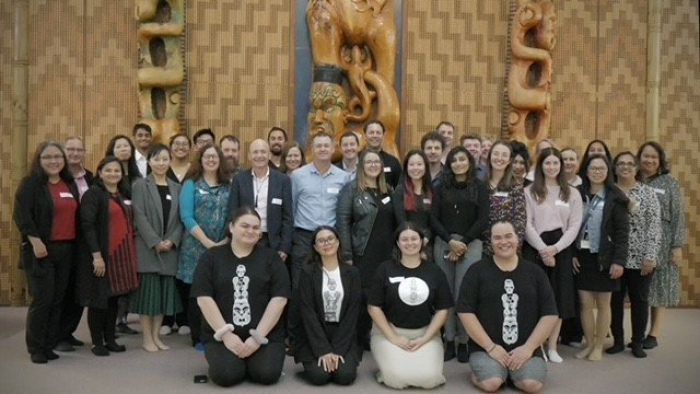
AUT has welcomed AMP staff into their wharenui. (Image: AMP)
He said the team at AMP is trying to forge a connection to Māori life and hoped it resonated with staff and the relationships AMP has.
Back to basics
Ruscoe said the company is trying to go back to basics.
A couple of the staff members wanted to “do more” and AMP responded by developing an education process, so they had a baseline, he said.
AMP has set up a couple of marae visits to help staff understand the practices and principles of the pōwhiri (formal welcome).
The company wanted to “awaken that learning and discovery for our people when on a marae”.
He said he hopes staff get a good sense of the basics of the language – pronunciation and the use of diphthongs.
Ruscoe said the connection has ramped up slowly, to make the learning environment a “super safe space for everybody”.
Strong connections
The changes will continue, he said, and AMP intends to keep strong connections with the iwi.
“We had a pūrākau (story) created around our purpose, values and who we are, and a whakataukī (proverb) that we’re starting to bring into our business."
AMP framed this development as education and opportunity, rather than a requirement, he said.
“We’ve approached this with a ‘learning mind’ and are trying to do it in an authentic and respectful way.
“It’s super important that you do it cohesively, so when you're having conversations with Ngāti Whātua, we’re clear that we’re following the appropriate protocols.”
'Beautiful and special'
Human resources expert Shane Green, the founder and president of SGEi, said he expects more companies will follow AMP's lead.
He said culture is the collective experience staff members have at work that "defines their hearts and minds".
"If you start to understand the underlying values of the Māori culture, it's quite beautiful, it's quite special."
If companies bring these values on board, they have to understand what will fit, he said.
"If we force culture, the hearts and minds are being told what to do and that's not genuine.
That's the worst thing you could do."
NZ is doing this "quite well" compared with the rest of the world, he said.
"If you look at the beliefs and values of the Māori culture, I think they line up extremely well to the way that the world is starting to understand the way that we have to interact with the world.
Green said Māori culture has a modern element that rings true for a lot of people today.
Any responsible company would take on these values and principles, he said.
"There is relevancy in how we look at culture in a workplace and how we treat people."
Meanwhile, the launch of the AMP art installation will take place on March 21.
The mahi toi (art) is spectacular, Ruscoe said.
"It brings to life the meanings behind the names of those rooms.
“It’s part of our learning through this journey. We want to do it the right way.”


